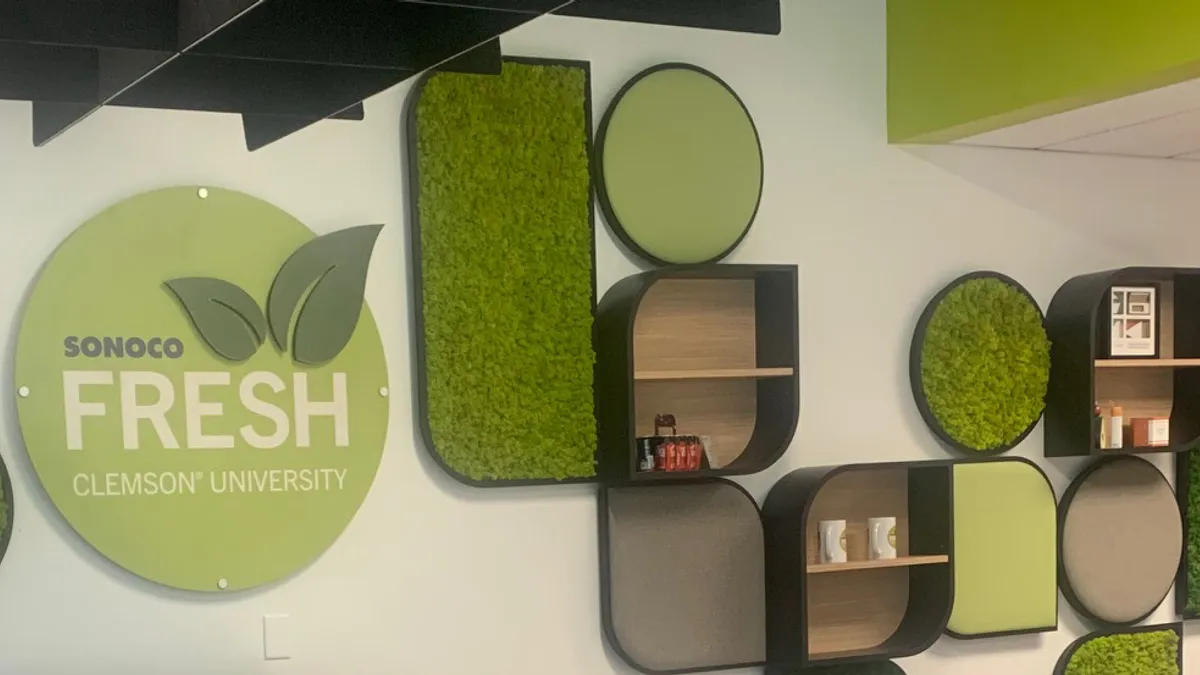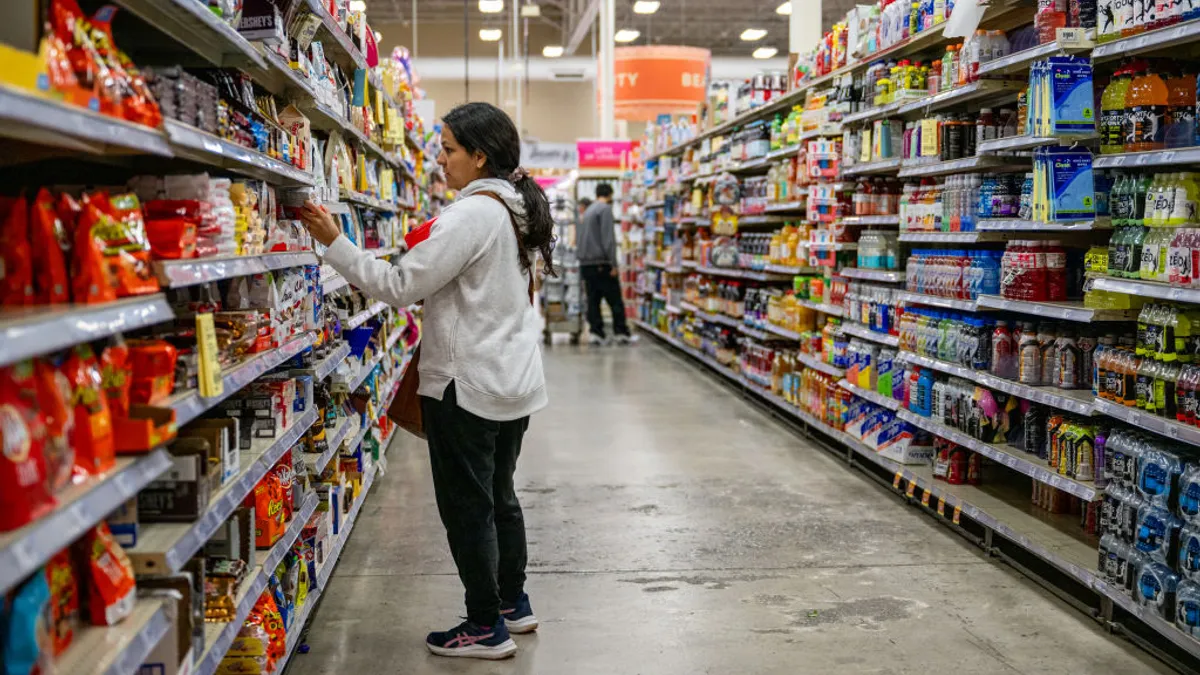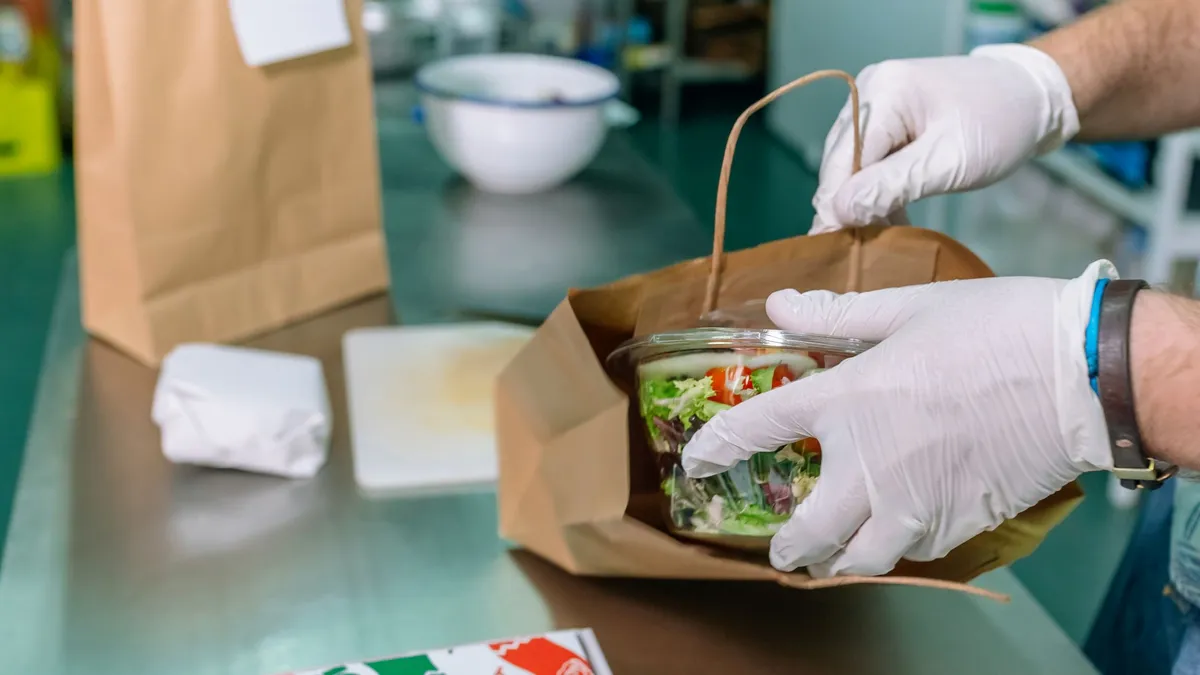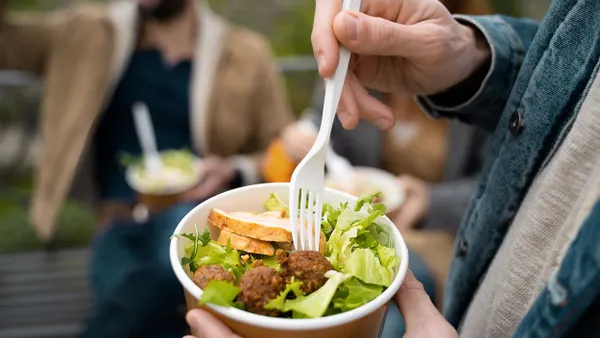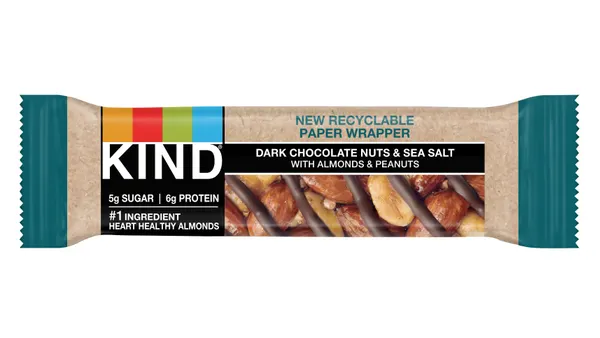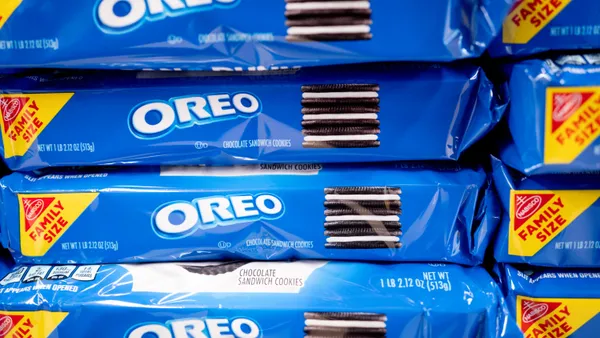Dive Brief:
- Clemson University in South Carolina, where the Sonoco Foundation funds the Food Research Excellence for Safety & Health (FRESH) program, recently launched a compostable packaging research initiative.
- The program is intended to serve commercially compostable packaging producers’ testing needs, and it will merge the institute’s R&D capabilities with a campus-wide organics recycling system. The lab is launching the initiative in phases, starting with in-vessel testing to evaluate different packaging’s compostability.
- In 2024, the university’s outdoor composting facility will be updated with two new dedicated reverse aeration bays and state-of-the-art monitoring from Engineered Compost Systems. The final phase will be to build a new composting facility that will be completed within two years, which is set to triple the current center’s capacity of 700 tons of organic waste per year.
Dive Insight:
Consumer packaged goods companies want to increase the amount of compostable packaging they use, according to PMMI and Amierpen’s 2023 Packaging Compass report, which expects a compound annual growth rate of 15-17% through 2030.
As interest in compostable packaging grows, so does the list of states that have passed laws meant to govern how compostable packaging is labeled and marketed. In another sign of growing interest in this issue, PepsiCo recently launched its own compostability testing operation.
At the same time, municipalities, haulers and composters are increasingly concerned about contamination from non-compostable packaging. Some composters have gone so far as to ban packaging from their lists of accepted materials.
The FRESH lab program aims to meet growing demand for compostability testing services and support brands as they plan the entire lifecycle of new packaging products, from production to marketing to disposal.
Anne Barr, executive director of Sonoco FRESH, said the lab is uniquely suited to launch this new initiative, both because of its history in compost research and its ties to Clemson’s agriculture school. Clemson launched its first compost research center in 2010 and processes organic waste from across the campus, including landscaping clippings and food waste from dining halls and housing. It also takes organic waste from the agriculture’s school’s experimental farms.
“I expect there to be interest from people in agriculture ... whether you're looking at [availability of] soil amendments or you're looking at what is the bigger impact,” she said. “If compostable packaging goes to scale, where's the compost going to go?”
Aside from supporting municipal composting efforts, Barr said, compostable packaging can also help reduce waste at larger scales — for example, in stemming the waste generated by expired products. Today, those products might go through depackaging systems, where “the food contents go into one stream, and the package goes into another stream.” But, “if you had truly compostable packaging, you could put the whole thing into the organics stream,” she said.
James Sternberg, an assistant professor of sustainable packaging at Clemson, said the institute will start with small-scale packaging compostability sample testing in vessels and gradually work up to larger tests. By late 2024, he said, they plan to be able to test compostability of, say, an entire clamshell or an entire chip bag under various conditions inside vessels of up to 20 gallons. The lab will measure how much packaging material is being mineralized by bacteria through aerobic digestion.
Plans for the new outdoor composting facility — which processes organics using a range of techniques, including turned static pile, in-vessel and aerated static pile — will be a key part of scaling up these efforts.
Public health is another consideration. “We have a PFAS expert from a government agency, because that's also one of the considerations,” said Barr, “just because it's compostable does not automatically make it good for the soil.”
Barr said the lab is developing the compostable packaging research initiative, which is being launched in collaboration with the South Carolina Department of Commerce, with input from multiple sectors. Clemson’s packaging science faculty and scientists from the ag school who are focused on soil health also are contributing. Industry stakeholders have also joined the institute’s steering committee.


